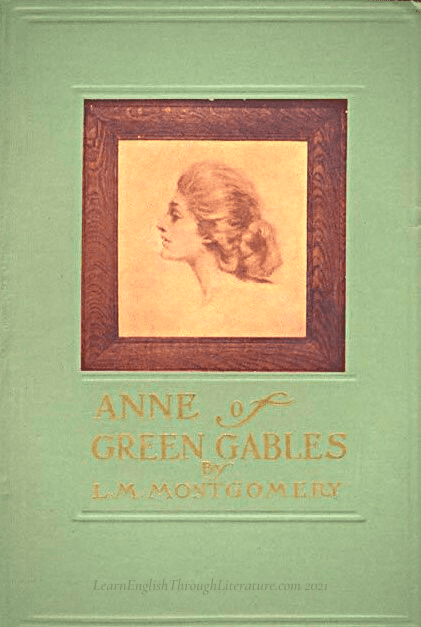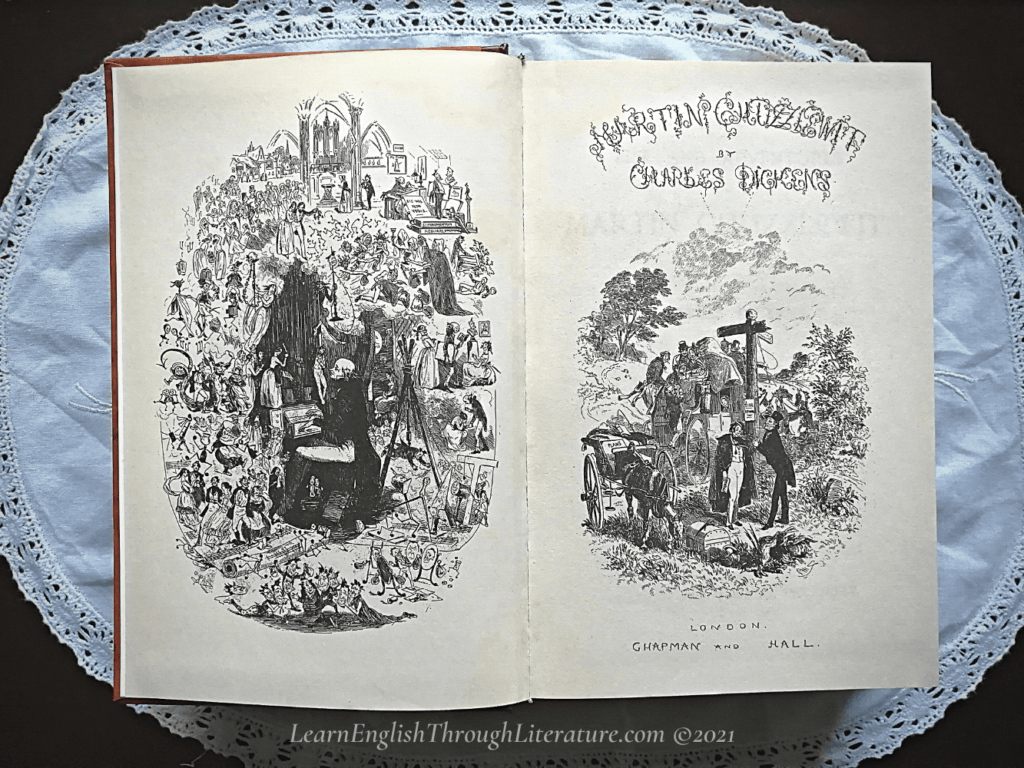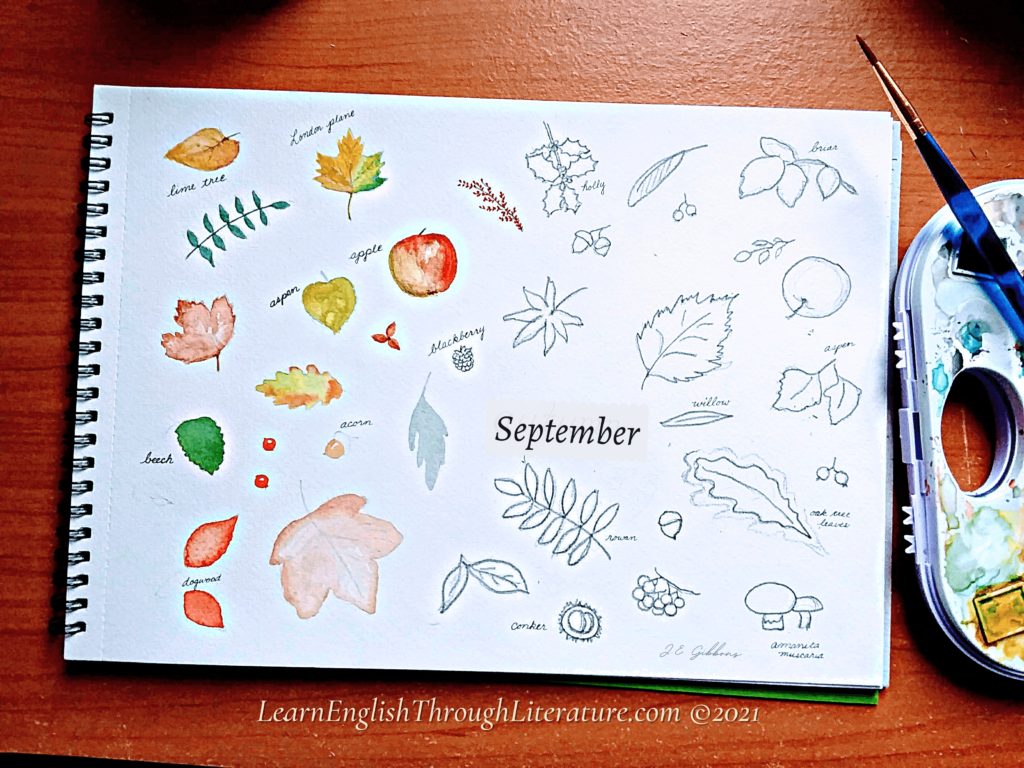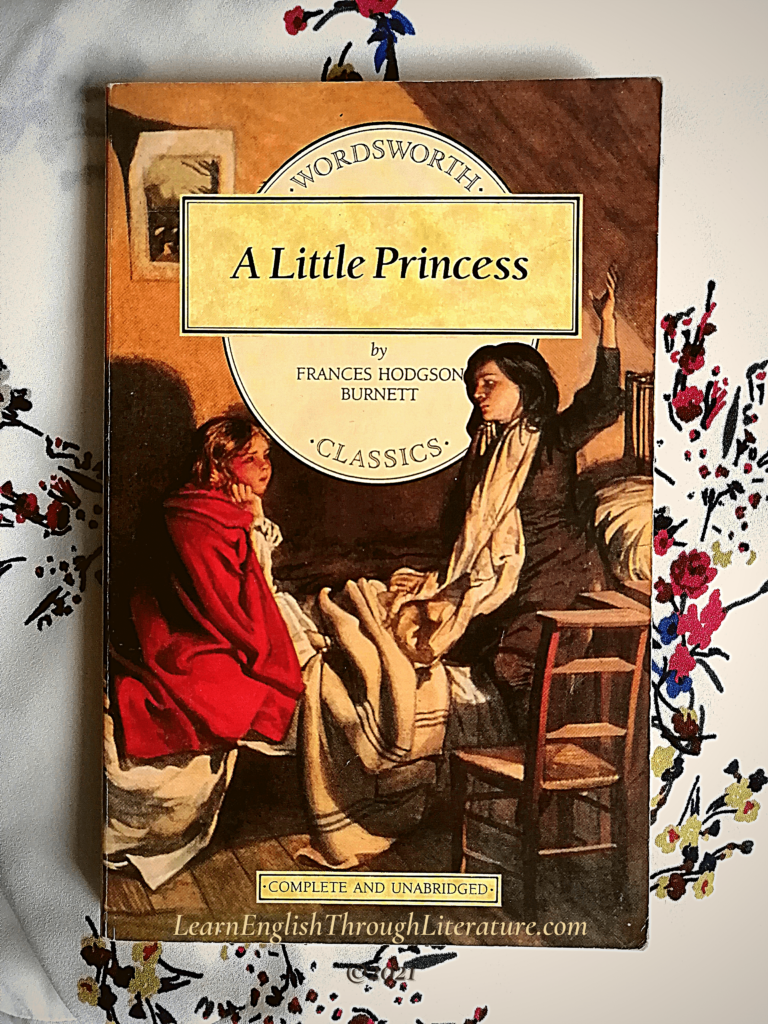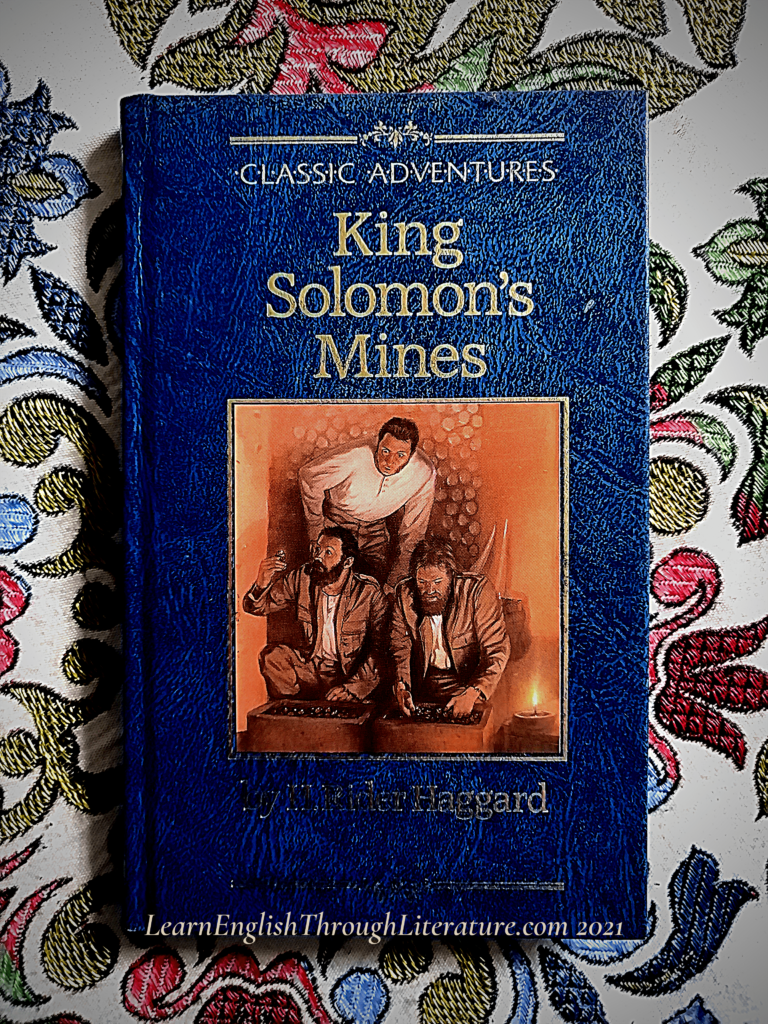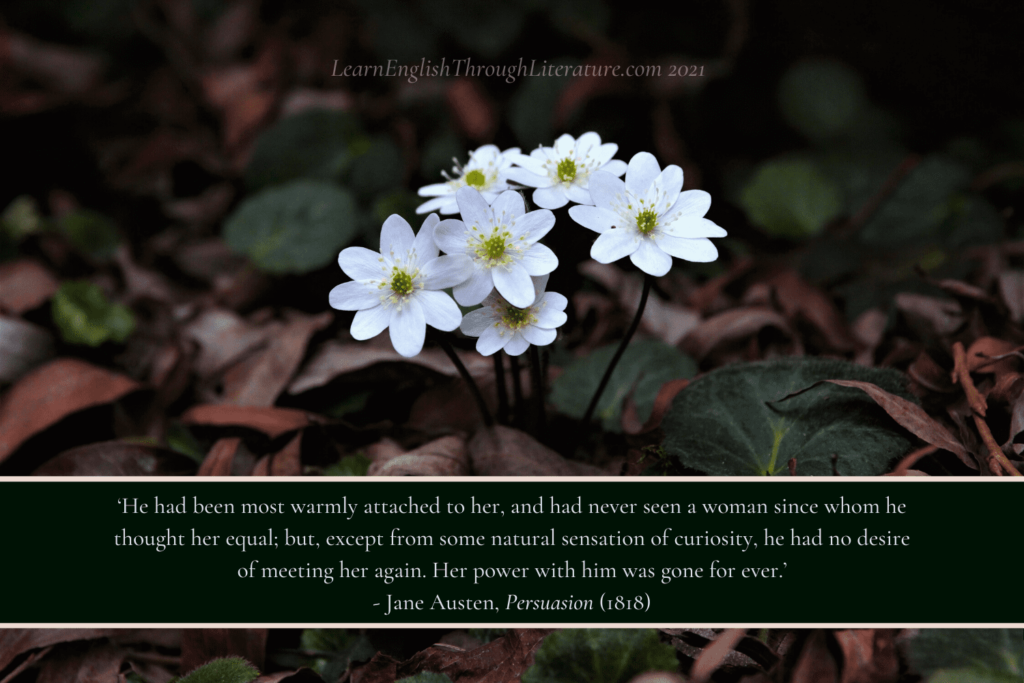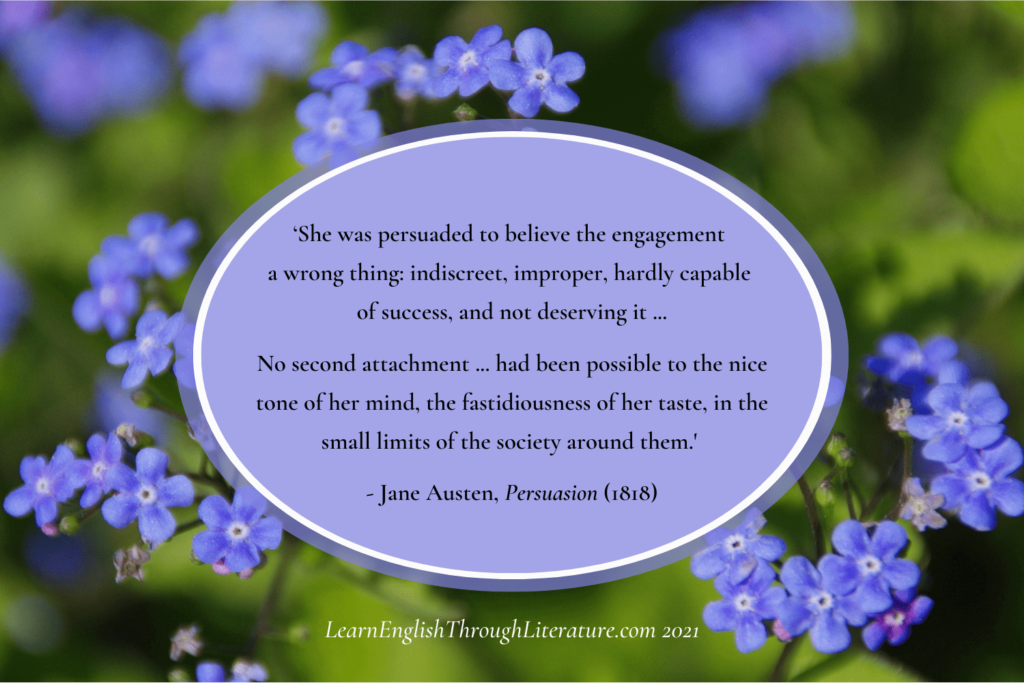Lesson #254: ‘I’ve learned a new and valuable lesson today’ – 7 Study Insights from ‘Anne Of Green Gables’
📗 “Marilla, isn’t it nice to think that tomorrow is a new day with no mistakes in it yet?” “I’ll warrant you’ll make plenty in it,” said Marilla. “I never saw your beat for making mistakes, Anne.” “Yes, and well I know it,” admitted Anne mournfully. “But have you ever noticed one encouraging thing about […]

